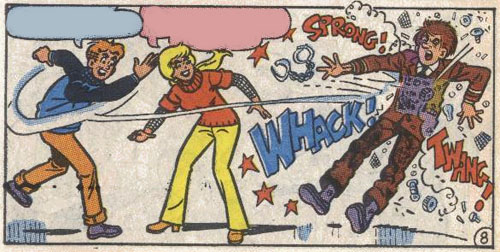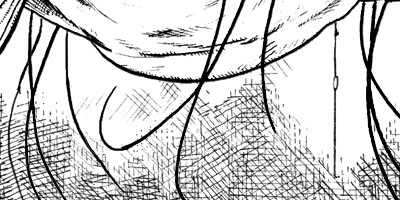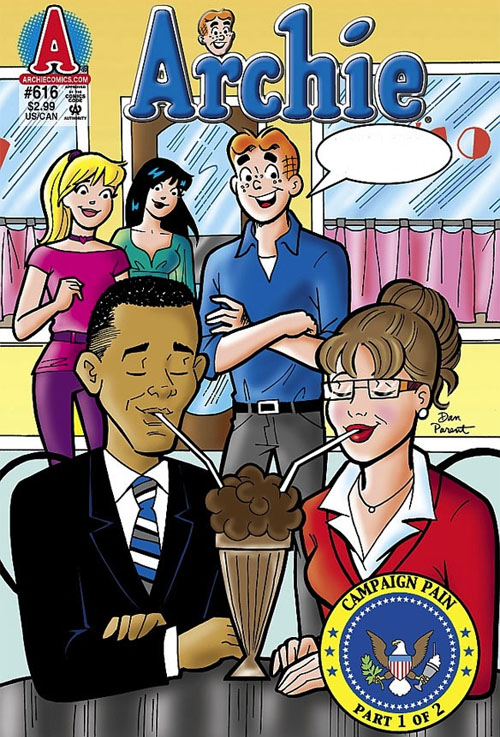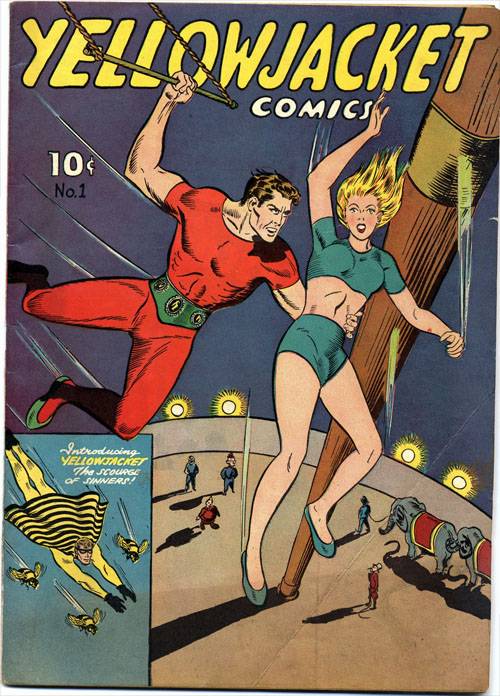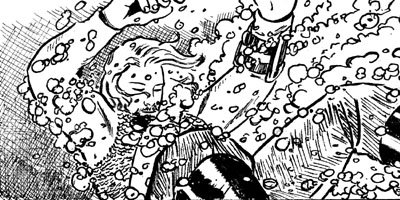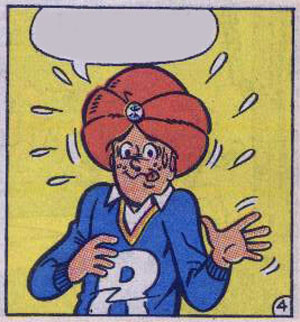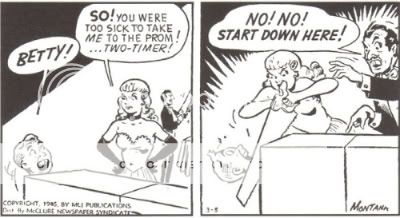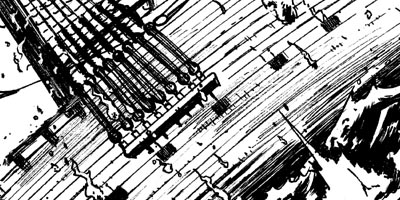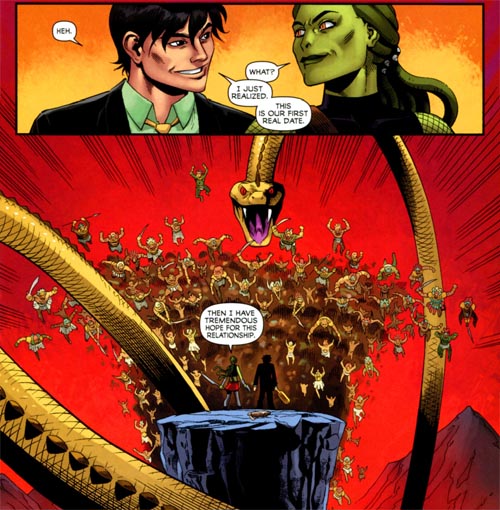During the course of the comments thread on my post last week (and by the way, I’m just going to take half a second and digress to thank everyone who comments. Seriously, blogging is a writing gig that provides absolutely no financial recompense for most of the people who do it, but getting to hear so many people provide you with intelligent feedback on your work makes it all worth it. You’re all wonderful people, thanks!)
…in any event, during the course of the comments thread on my post last week, malakim2099 said, “Also, I would suggest this, because frankly the current status of comics bugs me. Let the characters age naturally. Or close to it. See, right now, if comics followed real chronology, Scott Summers should be the Professor of Xavier’s institute, Franklin Richards the grizzled field leader of the X-Men, etc. And that’s just a tiny example. The recent bout of “legacy” characters stepping in is a good thing (Steve Rogers as Director of SHIELD while Bucky is Cap, or Dick and Steph as Batman and Batgirl), but it’s a baby step in the right direction.” (They provided paragraph breaks, by the way. I condensed it slightly.)
And it’s interesting to me, because this is by no means the first time I’ve heard that statement, or some variation on it. The idea that comic book universes should age in real time seems to be a tremendously popular one in fandom, but everyone who espouses it seems to take it as self-evident. I’ve heard the idea dozens of times, but I don’t think I’ve ever heard a justification for it.
The reasons against it are pretty obvious, of course; for one thing, it rests on the false assumption that comics time and real time are actually equivalent, despite the fact that a comics story that can take a year to come out might only cover a week of real time. (Fun comics fact: Uncanny X-Men #164 to Excalibur #24 take place over a single 365-day period, according to Chris Claremont. (Kitty Pryde’s 14th birthday takes place while she’s in space, infected with a Brood embryo, while her 15th birthday takes place right after she returns from the Cross-Time Caper.) This means that everything during that span, including both Secret Wars, Iron Man’s losing his company during his descent into alcoholism and his subsequent return to power as CEO, Spider-Man changing his costume from red-and-blue to black and then back to red-and-blue, Captain America being stripped of his super-heroic identity by the federal government and returned to power, several line-up changes in the Fantastic Four, the entire invasion at the hands of the Dire Wraiths and subsequent war, the destruction of Xavier’s mansion and the seeming death of the entire team of X-Men, the Mutant Massacre, and the temporary conversion of New York into a demonic outpost of the Limbo dimension…all take place in one year. Gives a new definition to “annus horribilis”, doesn’t it?)
For another thing, it’s never going to happen because comics fans (especially casual fans) read a series for more than just the title. When you read “The Fantastic Four”, you’re reading about more than just four people who are pretty damned fantastic. You’re reading for the dynamic between Reed, Sue, Ben, and Johnny, and their various supporting cast members and villains. The idea that an FF book would be just as good if it was a teenage Franklin Richards battling Kristoff von Doom is strange and alien to me. And you can apply this to any title you’d care to name. I don’t want to read about Ben Reilly, coffee-shop barista and part-time super-hero. I don’t want to read about Grim and Gritty Cyborg Assassin Bucky, and putting him into a Captain America outfit doesn’t make him Captain America. I, like the rest of the world, could care less about Jared Stevens. I’m not saying there haven’t been good legacy books out there–I loved the John Rogers Blue Beetle run, Tom DeFalco did good things with Spider-Girl, and Wally West is pretty much the poster boy for a successful transition from kid sidekick to official hero, at least until Geoff Johns found out he could bring Barry back. But in general, I think that legacy book succeed despite being legacy books, not because of them. The Silver Age DC relaunches were a unique success that everyone assumes can be repeated easily and effortlessly, despite decades of evidence to the contrary.
But I’m a good listener, and this is an open-ended comments section. So please, if you want to see a legacy universe, explain your reasons to me. I’d love to know what makes the idea so appealing to so many!
